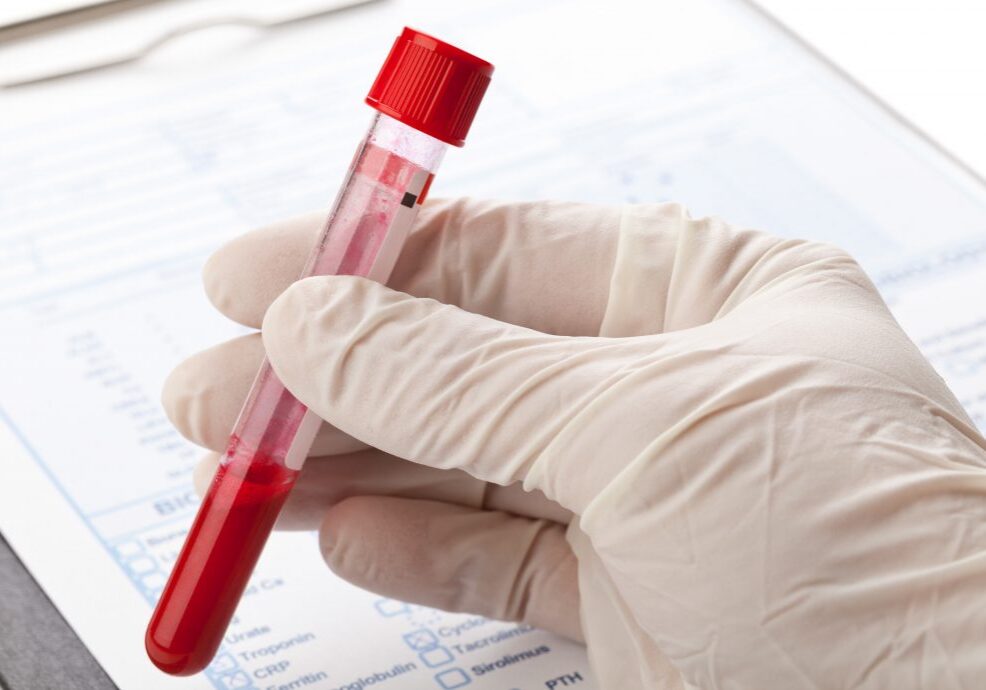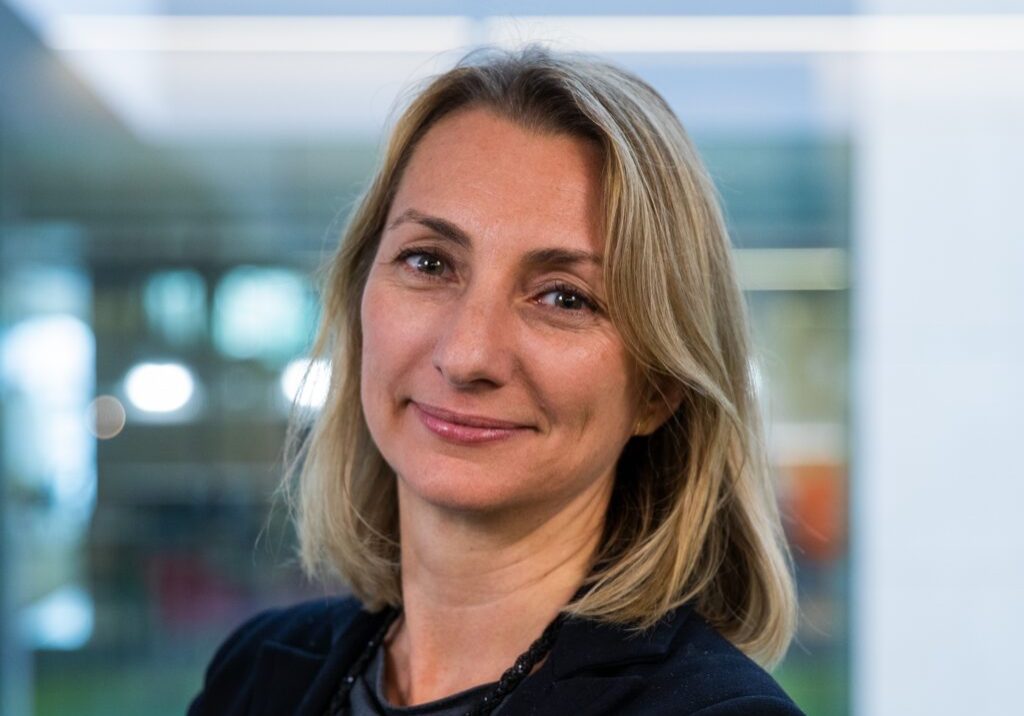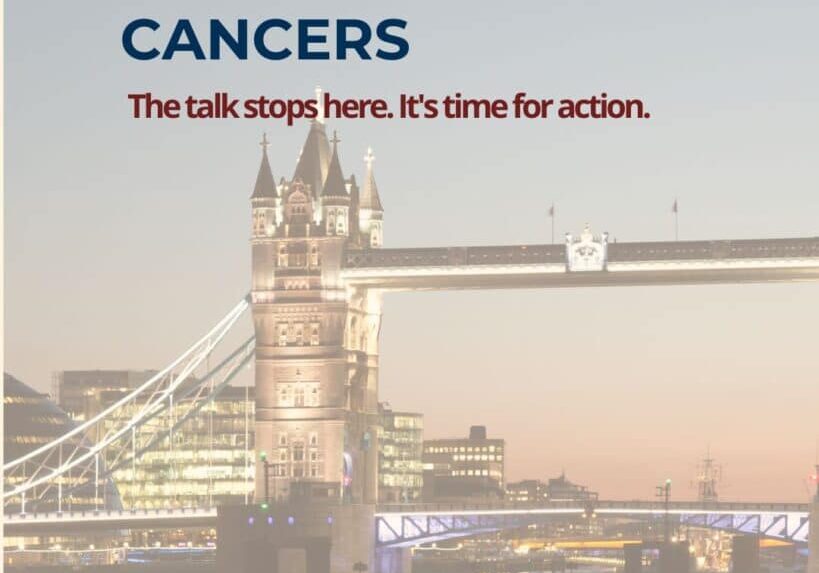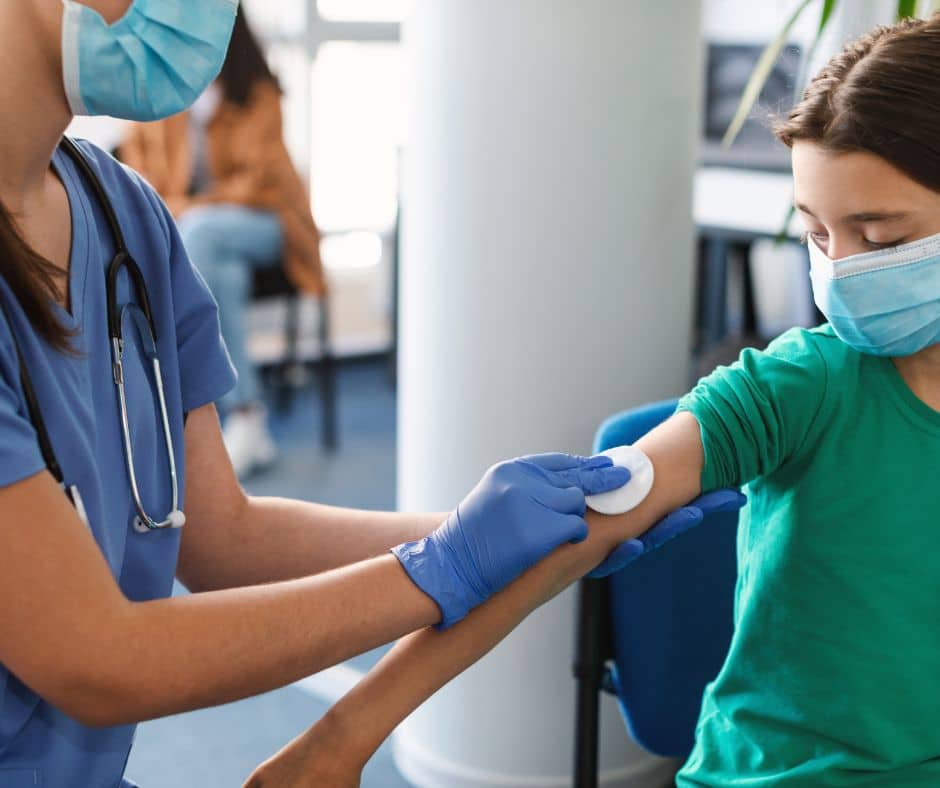HPV Vaccines: A Triumph in Cancer Prevention Unveiled by Scotland’s Cervical Cancer Report relevant for Head and Neck Cancer
In the ongoing battle against human papillomavirus (HPV) and its associated cancers, a recent report by Public Health Scotland has unveiled a monumental success story. The report, supported by the Universities of Strathclyde and Edinburgh, reveals that no cervical cancer cases have been detected in fully vaccinated women who received the HPV vaccination at age 12-13 since the program’s inception in Scotland in 2008. This groundbreaking revelation not only underscores the effectiveness of HPV vaccines but also holds promising implications for the prevention of HPV-related head and neck cancers.
HPV vaccines have emerged as a beacon of hope in the field of cancer prevention. The recent report from Public Health Scotland highlights the pivotal role that HPV vaccination plays in shielding individuals from cervical cancer, a disease that has claimed the lives of countless women worldwide. The comprehensive study underscores the safety and efficacy of HPV vaccines, marking a milestone in the fight against a virus responsible for 5% of all cancers.
Link to the Public Health Scotland report: No Cervical Cancer Cases Detected in Vaccinated Women
Implications for HPV-Related Head and Neck Cancers:
While the report primarily focuses on cervical cancer, its findings carry promising implications for the prevention of HPV-related head and neck cancers. The same virus that poses a significant threat to cervical health is also linked to cancers of the head and neck, affecting both males and females. In fact, the incidence of oropharyngeal cancers in men (the type of head and neck cancer caused by HPV) has actually overtaken the incidence of cervical cancer in women. The success seen in cervical cancer prevention sets the stage for a potential decline in the rates of HPV-related head and neck cancers through vaccination, offering hope for a future where these devastating diseases are increasingly preventable. Dr Elizabeth Marsh from the University of Derby agrees: “The early data do suggest that HPV vaccines are also offering protection for HPV-mediated head and neck cancers”.
The Universality of HPV Vaccination:
HPV is not a virus that discriminates based on gender, and expanding vaccination efforts to include both males and females is crucial in the mission to reduce the overall burden of HPV-related cancers. By adopting a comprehensive and inclusive approach, we can move closer to a future where the rates of all HPV cancers are significantly diminished.
A Call to Action:
Head and Neck HPV cancers alone increased by 36.5% over the last decade.2 Oracle Cancer Trust wants your help to drive more awareness and uptake of the HPV vaccine amongst school aged children and those who are eligible for the catch up programme. Critically this includes an opportunity to eliminate a large proportion of Head and Neck cancers of the Oropharynx, Oral Cavity and Larynx. Currently HPV vaccine coverage is too low and the UK is lagging behind other Nations, such as Sweden. According to WHO data, full vaccination for boys in the UK was at 52% uptake in 2022 and girls was at 56%1.
The recent success witnessed in Scotland is a testament to the power of vaccination in the prevention of HPV-related cancers. This achievement should serve as a catalyst for country wide action, urging everyone to spread awareness and encourage uptake of the HPV vaccination programmes. By working collaboratively, we can achieve increased immunisation coverage, providing a shield against a virus that has long been associated with devastating health outcomes.
If you would like to work with us, learn more about our fundraising and campaigns to raise awareness please get in touch. info@oraclecancertrust.org
1 WHO Immunization Data: https://immunizationdata.who.int/pages/coverage/hpv.html January 2024
- (Sabatini, M.E., Chiocca, S. Human papillomavirus as a driver of head and neck cancers. Br J Cancer122, 306-314 (2020). https://doi.org/10.1038/s41416-019-0602-7)

Using the power of football to help prevent cancer
This week, Oracle Head & Neck Cancer UK has launched an important awareness campaign in partnership with Bromley FC, using the reach of football to shine a light on head and neck cancer prevention and the life-saving importance of the HPV vaccine. Throughout the week, Bromley FC is sharing trusted health information with its supporters,…

Cancer Care: Why Mental Health Support Must Be Part of Every Cancer Journey
Oracle Head & Neck Cancer UK is proud to support the Daily Express Cancer Care campaign, a powerful series that shines a light on the often unseen emotional toll of cancer – and the urgent need for better psychological support for everyone affected. The campaign published over the past three weeks featured voices from across…

Ground-breaking blood test shows promise for early detection of head & neck and other hard-to-screen cancers
A new large-scale trial has found that the blood-based screening test known as Galleri test can detect more than 50 types of cancer – including cancers of the head and neck, which currently have no routine screening programme – and may significantly boost early diagnosis. The trial showed that, when used alongside existing screening methods,…

2 Minutes to Save Your Life: Oracle Launches HeadNeckCheck Campaign for Make Sense Week
This Make Sense Week (15-20 September), the European-wide head and neck cancer awareness initiative, Oracle Head & Neck Cancer UK, is championing both prevention and early detection – recognising that stopping cancer before it starts is just as vital as catching it early. Two Ways to Fight Cancer This Week Prevention Today: Head and neck…

Leadership update
After four successful years as CEO, Tamara Kahn has transformed Oracle into a respected national voice for head and neck cancer patients. She established a national presence, created a four-pillar RACE strategy (Research, Awareness, Collaboration and Patient/Community Engagement) and built strong policy influence. With these foundations now firmly in place, Tamara will transition from her…

Finding Light in Adversity: Seven inspiring stories through head and neck cancer
A new collection of patient stories from Oracle Head and Neck Cancer UK reveals how individuals facing head and neck cancer have discovered unexpected sources of strength, purpose and even joy during their treatment and recovery. The seven contributors share remarkably similar themes despite their unique journeys. Almost all emphasise the power of maintaining a…

NHS to fast-track patients with head and neck cancer into cancer vaccine trial
Patients with advanced head and neck cancers in England will be fast-tracked into a trial of a new cancer vaccine, as the NHS expands its world-leading trial ‘match-making’ service. The investigational cancer vaccine uses mRNA technology to help the immune system recognise and kill cancer cells containing human papillomavirus proteins. More than 100 patients with advanced head…

World Head and Neck Cancer Awareness Day 2025: The HPV Vaccine Could Save Your Life
27th July 2025 This World Head and Neck Cancer Awareness Day, Oracle Head and Neck Cancer UK has a simple but urgent message: HPV vaccination saves lives. With HPV-related head and neck cancers having doubled in the past 20 years, the charity is using today to remind the public that these devastating cancers are preventable…

Data from the National Disease Registration Service on HPV associated and HPV independent oropharyngeal squamous cell carcinoma
The Get Data Out Programme from the National Disease Registration Service (NDRS), part of NHS England, has published statistics on incidence, routes to diagnosis and treatment for patients diagnosed with oropharyngeal cancer in England by human papillomavirus (HPV) status. To our knowledge this is the first time data on oropharyngeal cancer by HPV status has…

Join Us for an Evening of Research, Impact, and Conversation
Research & Impact EveningDate: Monday 28th April 2025Time: 6:00 PM – 8:30 PMVenue: Skyline, Tower Suites, 100 Minories, London EC3N 1JY A Celebration of Research Join us for a meaningful and action-focused evening where we’ll be diving into some of the big conversations around head and neck cancer – especially those linked to HPV (human…



